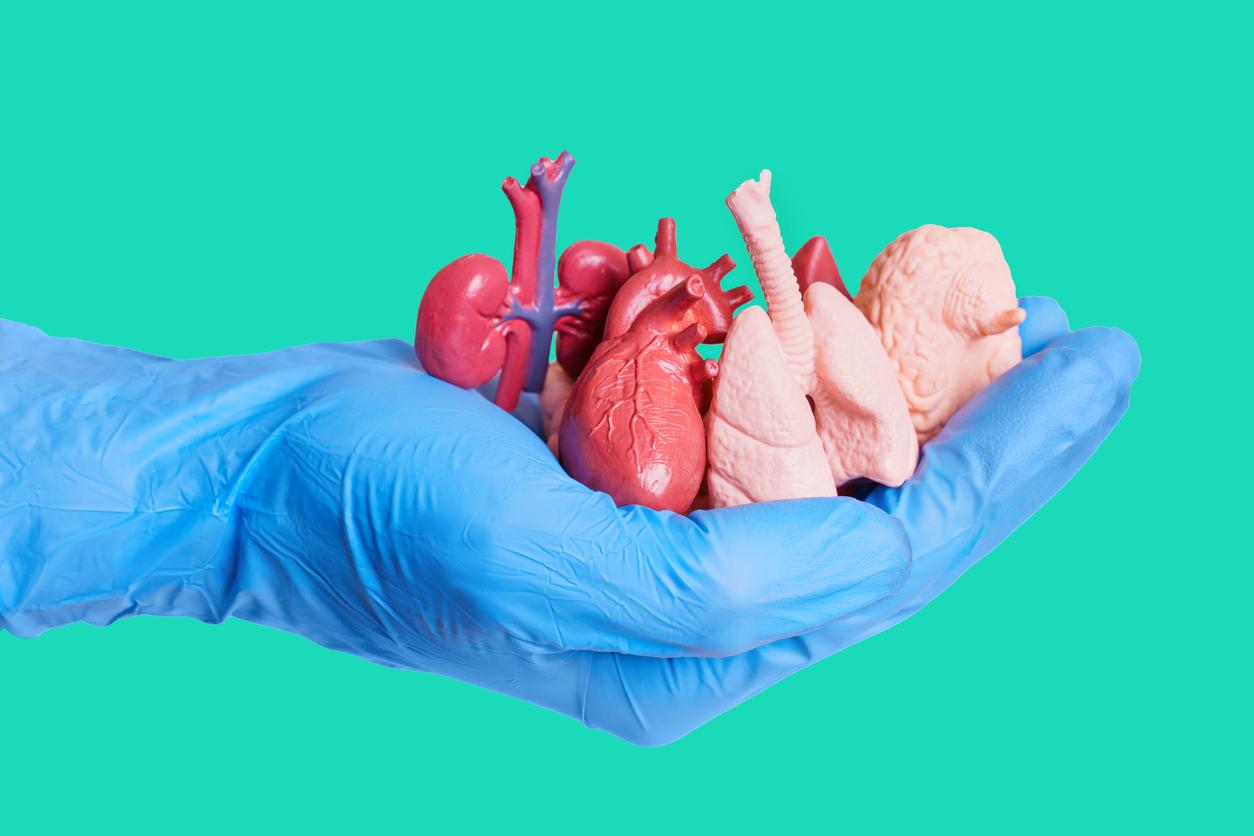An amendment on organ donation voted on March 20 and incorporated into the draft health law provides for simplifying the donation procedure, by dispensing with the systematic consultation of relatives.
Currently, the law is such that, if the person is not registered in the national organ donation refusal register, the decision rests with the family of the deceased. However, a third of families oppose any collection at the time of death, often out of ignorance or anxiety. However, a survey commissioned by the Greffe de Vie Foundation reveals that 80% of French people are in favor of donating their organs.
The aim of this measure, planned for 2018, is therefore to increase the number of grafts available, by reinforcing the idea of presumed consent of the deceased. In other words, if he has not clearly said no, the deceased patient is “presumed consenting” to donate his organs, regardless of his relatives. If this measure is adopted, the doctor will no longer be obliged to consult the family to obtain a sampling authorization, which will shorten the deadlines and avoid refusals. If the idea can shock at the ethical level, it would make it possible to fight effectively against the lack of organs. In addition, it could lead the French to speak better about their position on this subject during their lifetime, and to be placed on the refusal list if they are firmly opposed to organ donation.
Many obstacles that complicate donations
Each year, the shortage of donations deprives 18,000 people of organ transplants. In 2013, 19,000 people were awaiting a transplant, according to the federation of associations for organ and tissue donation (ADOT), a figure up 46% compared to 2007. At the same time, the number of potential donors only increased by 6% over the same period.
Donations are usually made when the person dies, since only donations kidneys and the lobe of liver can be collected from a living donor. Organ donation also requires a specific death that has occurred as a result of head trauma or cardiovascular accidents, and a body placed in intensive care with machines to continue to oxygenate the organs. This type of situation represents 1% of deaths occurring in hospital according to the newspaper Le Monde.
Before being able to proceed with the removal of any organs, medical teams must wait for the consent of the relatives of the deceased, who refuse in 40% of cases. After that, organ harvesting can be refused for medical (compatibility, pathologies …), legal (autopsies to be performed) or even logistical reasons, when the deadlines are exceeded.
Out of 3,336 potential donors in 2013, family consent was obtained in only 2,237 cases, of which only 1,627 resulted in organ donation.
Read also :
Organ donation: six-day-old baby saves two lives in Britain
Organ donation: transplant recipients pose for a retro calendar
Organ donation: take a stand
















